Project time: 2014 – 2017
Budget: 7 049 994
Funding: SIP Produktion2030
The purpose of this project w as to perform an industrial demonstration of a system for automatic control of the geometry of produced components where the components are transported on a conveyor belt. This objective has not been reached. How ever, a number of technical objectives regarding the performance of the system are verified and to some extent even been surpassed. Today w e have a system that manages to control the shape of manufactured components, moving freely on a conveyor belt, w ith sufficient precision. The system manages a component frequency of 0.5 Hz.
The identified main effect once the system is installed w as a reach a 20% reduction in scrap rate. In addition w e also foresaw a significant effect on the natural variation of geometrical outcome, increased availability of process stage, decreased w ear and need of maintenance, increased control of produced items, and significantly reduced run-in times. None of these effects have been verified, which also w eren’t expected. Instead a number of technical demands have been verified that may result in the fulfilment of these effects provided the system is properly used.
This project has been a cooperation betw een three academic partners and five companies. The academic partners w ere responsible for the evaluation softw are, system integration and analysis, respectively, while the companies represented different parts of the technology. One of the companies w ere an end-user. The project w as redundant in the sense that tw o different measurement technologies w ere provided by tw o different companies. The biggest obstacle in the project turned out to be that none of the partners had a total technological concept, which lead to blocking.
2015 – 2015
2016 – 2016
2013 – 2017
2017 – 2018
2017 – 2018
The SAPPA project is about innovative cloud-based predictive and preventive maintenance systems, improving availability of products and production systems.
2014 – 2016
2016 – 2016
2013 – 2017
2015 – 2018
2014 – 2014
2017 – 2018
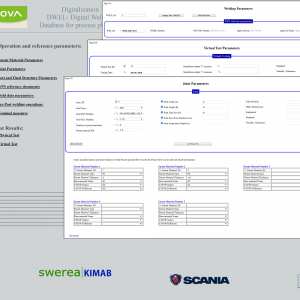
2016 – 2016
2015 – 2015
2017 – 2021
2014 – 2017
2014 – 2017
2016 – 2018
2014 – 2018
RemProLife aims at improving the use of life-cycle information to achieve more efficient remanufacturing from economic and ecological perpectives.
2013 – 2016
2013 – 2016
Every manufacturing company measure and control production performance with a system of KPIs. The aim of the SMART-PM project is to investigate and demonstrate new ways of collecting data, transforming data to information and introducing new decision tools based on valid information and economic models of the production systems.
2018 – 2020
2014 – 2016
2017 – 2018
2015 – 2016
Reduced lead times and improved performance for tooling through innovative manufacturing and assembly strategies as well as optimised design enabled by use of additive manufacturing (AM).
2016 – 2018
2015 – 2016
2017 – 2020
2015 – 2016
2017 – 2018
2015 – 2016
2015 – 2016
2017 – 2018
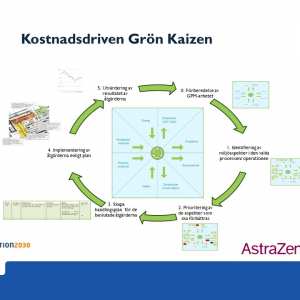
2017 – 2020
The project focuses on economic and environmental sustainability and increased industrial competitiveness.
2017 – 2018
2015 – 2017
2015 – 2016
SeeCut focuses on cost-efficient production systems for secure collection, analysis, visualization, storage and sharing of production data. The project addresses the integration of new signals and sensors. For advanced products, like jet engine components, collecting data during manufacturing and usage is essential for quality assurance and remanufacturing. The project goals are to identify key technical requirements related to production data for use in digitalized value chains, define means to ease the run-time integration of new signals and data streams from manufacturing machinery and sensors, and define how to securely and cost-efficiently share data through the value chains in circular production.
2019 – 2019
2016 – 2017
2017 – 2018
2015 – 2016
2016 – 2019
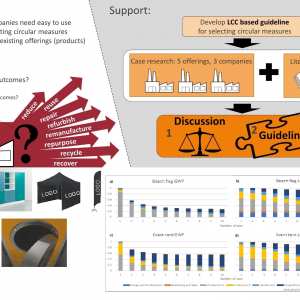
2014 – 2017
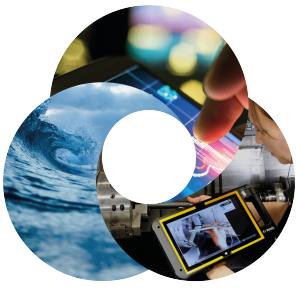
With globalization and other megatrends as demographic changes and climate change, more knowledge is needed regarding production in an international perspective. PADOK Study Visit in India 2016 have given an increased knowledge regarding how production is conducted in India, some of the challenges producing companies in that region is facing and how Swedish companies interested in investing in production in India could act to establish themselves in the region.
2016 – 2016
2017 – 2018
2014 – 2017
2017 – 2018
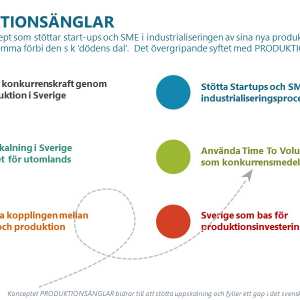
2015 – 2016
2013 – 2016

2016 – 2016
Increased sustainability and cost effectiveness through improved strategic decision-making in production issues based on new metrics system for production and development.
2015 – 2017
2014 – 2017
Development of a thermo-chemical test bed and implemenation of results for chosen processes and applications
2019 – 2022
2017 – 2019
2015 – 2016
2016 – 2017
2016 – 2018
2015 – 2016
Tooling constitutes a significant part in the economical investment of the hot stamping process. Significant benefits in production economy and environmental benefits can be attained by improving the tribological performance in hot forming operations of automotive components. The main idea of this project is to create tailored tool surfaces on dies made from cheaper and easier to manufacture tool steel for the hot stamping of ultra-high strength steels.
2015 – 2018
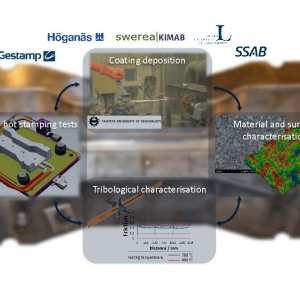
2015 – 2016